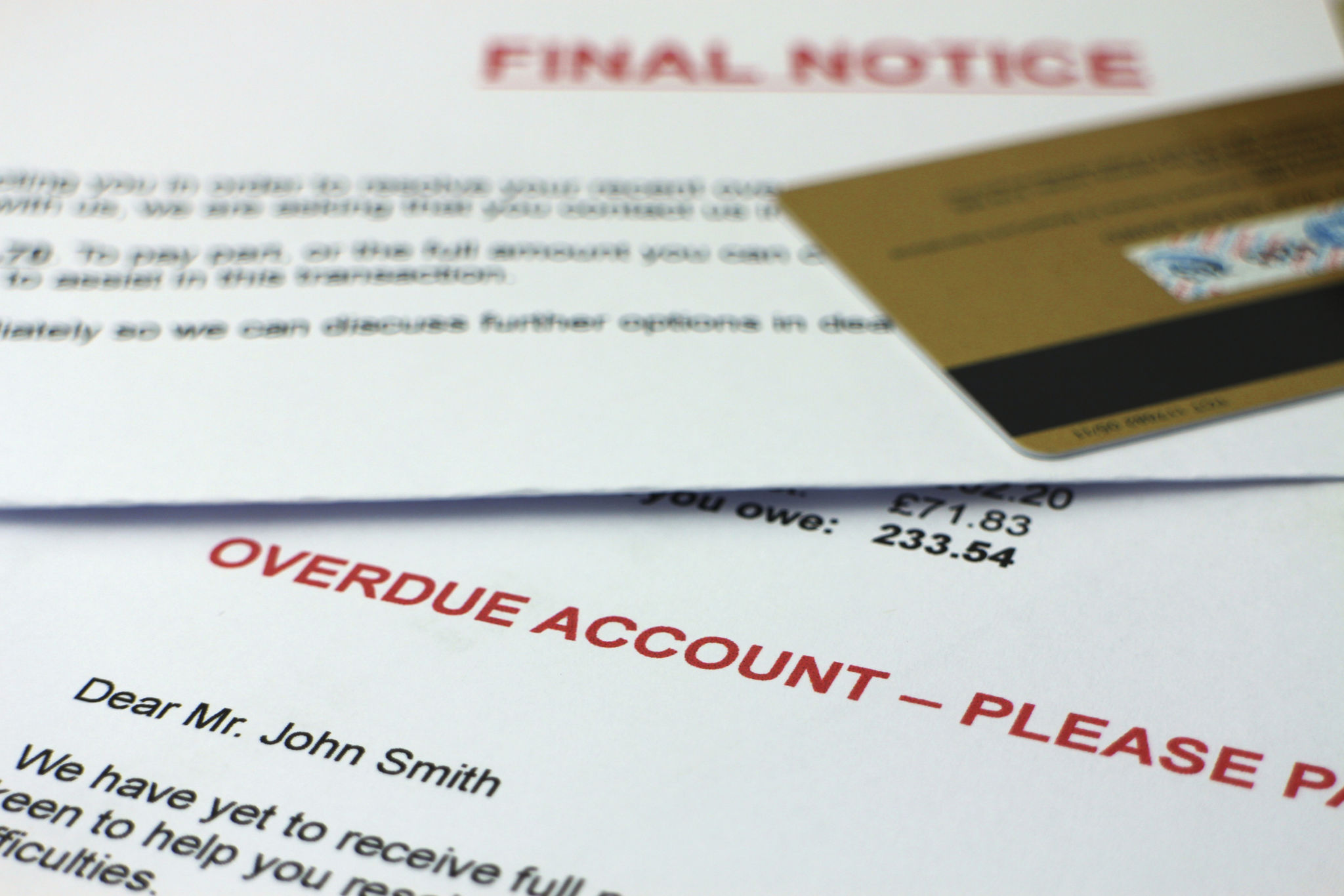Understanding Debt Validation: Protecting Your Rights with Legal Support
Understanding Debt Validation
Debt validation is a crucial process that ensures the accuracy and legitimacy of outstanding debts. It acts as a protective measure for consumers, enabling them to confirm that a debt collector’s claim is valid. By understanding debt validation, individuals can better protect their rights and ensure they are not paying debts they do not owe.
When you receive a notice from a debt collector, it's essential to know that you have the right to request debt validation. This involves asking the collector to provide evidence that you are indeed responsible for the debt in question. The validation process is your first line of defense in verifying the legitimacy of any debt claim.

The Debt Validation Process
The debt validation process begins with a written request to the debt collector. This request should be made within 30 days of receiving the initial notice. Once the request is submitted, the collection agency must cease all attempts to collect the debt until they provide the necessary documentation.
The documentation should include details such as the original creditor's name, the amount owed, and any relevant account numbers. By examining this information, consumers can cross-reference with their records to ensure everything aligns accurately.

Legal Support: Why It Matters
Seeking legal support during the debt validation process can significantly benefit consumers. A knowledgeable attorney can help navigate the complexities of debt laws and ensure that all procedures are correctly followed. They can also provide advice on whether the debt is legitimate and what steps to take if discrepancies are found.
Moreover, legal support can help protect consumers from aggressive or unlawful collection practices. An attorney can act as a mediator between you and the debt collector, reducing stress and ensuring your rights are respected.

Your Rights Under the Fair Debt Collection Practices Act (FDCPA)
The Fair Debt Collection Practices Act (FDCPA) provides consumers with specific rights regarding debt collection practices. Under this act, collectors are required to provide written validation of the debt upon request. Additionally, it protects consumers from abusive collection practices, such as harassment or threats.
Understanding your rights under the FDCPA is essential in protecting yourself from unfair treatment. If a debt collector violates these rights, you may be entitled to take legal action against them.
Steps to Take If a Debt Is Not Validated
If a debt collector fails to validate a debt or if discrepancies arise in their documentation, you have several options:
- Dispute the debt with credit reporting agencies
- File a complaint with the Consumer Financial Protection Bureau (CFPB)
- Seek legal counsel for further action
These steps can help ensure that inaccurate information does not impact your credit score or financial well-being.
Conclusion: Protecting Your Financial Future
Understanding and utilizing debt validation is a powerful way to protect your financial future. By being proactive and informed, you can prevent unwarranted payments and maintain control over your financial health. Always remember that legal support is available to assist you in navigating this intricate process.
Staying informed about your rights and taking appropriate action when necessary can help safeguard your peace of mind and financial stability.